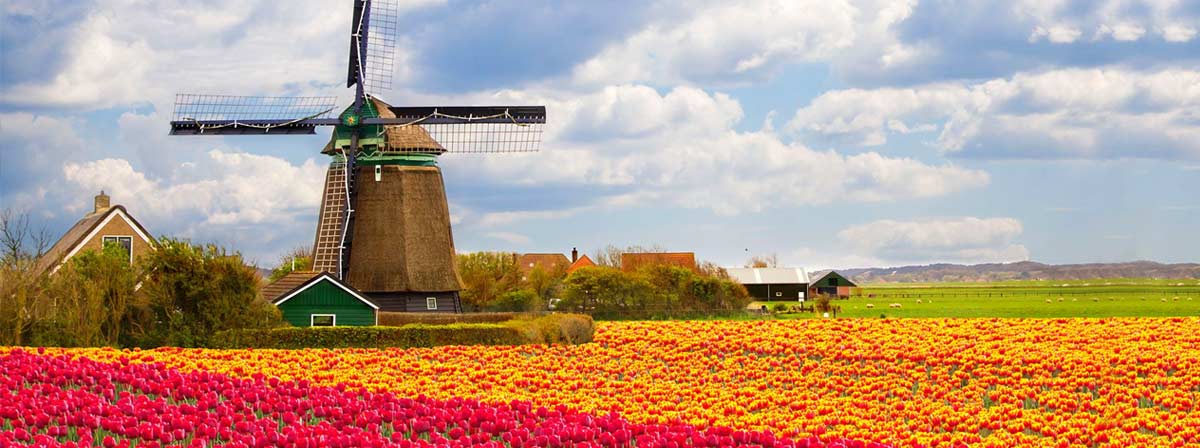
Moving to another country can be very nerve-wracking. Can you pick up a foreign language? How hard will it be to find a house there? And will you feel at home in general? These are all valid concerns, but with a little guidance, moving to Holland might actually become an adventure you will never forget.
When it comes to the language, you can stop worrying. Even though the main language in Holland is Dutch, most people speak and understand English well enough to hold a conversation. In bigger cities like Amsterdam or Rotterdam, you will have no trouble finding (native) English speaking people.
If you are on a budget, finding an affordable rental home in Holland can be a challenge. Depending on where in the country you decide to move to, there can be a waiting list for rent-controlled apartments and townhouses. The demand for rent-controlled living spaces is very high because housing corporations cannot charge more than the maximum amount allowed by law. Especially in major cities like Amsterdam, The Hague, or Rotterdam, the minimum wait for a rent-controlled home is 5 to 10 years, if not more.
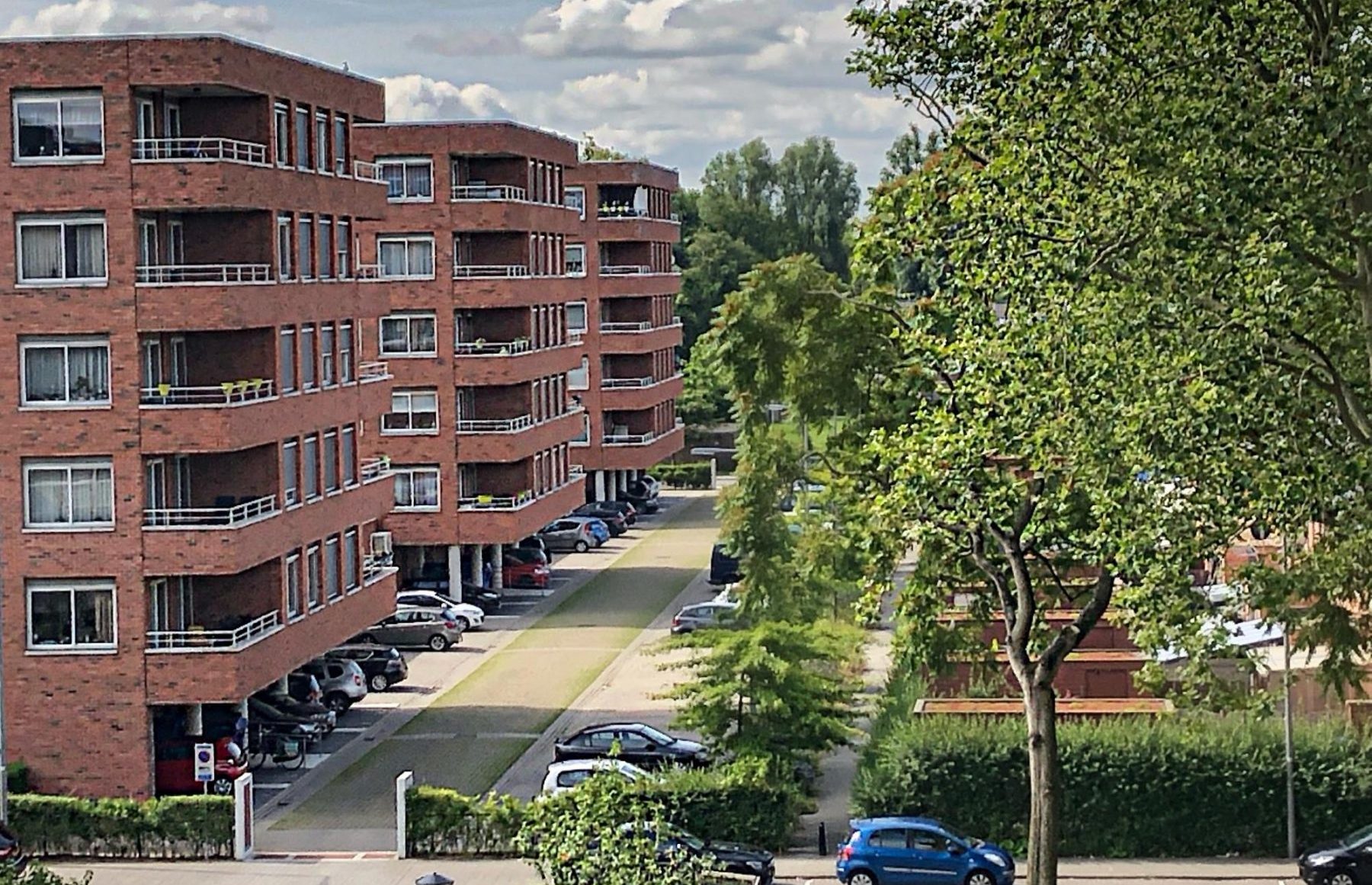
Rent-controlled apartments are in high demand in the Netherlands. But if you know where to look, it’s still possible to find affordable living spaces.
If you plan to stay in the country for at least that many years after your move and your income isn’t more than €22.700 (or €30.825 combined with your partner’s salary), it could be a smart move to register for rent-controlled housing. Rent control in Holland is executed by the Belastingdienst (the Dutch version of the American IRS). People with a lower income can apply for a benefit which is like a subvention for their renting expenses. More information on all the terms and conditions can be found on the Belastingdienst website.
If you are not planning on becoming a Dutch citizen, or if you are not staying for too long, your best option to find a home is through a realtor/certified rental agent or an expat housing organization. The downside of the first option is that it will cost you a lot more money because you will have to pay the realtor a very high commission, which usually comes up to three or four times the total amount of rent. To find realtors/certified rental agents in your area, just search in Google by typing the name of the city you are moving to followed by “verhuurmakelaar” or “expat housing”.
Another great option to find a rental is through the website and app Pararius. There you will be able to find most of the houses that are currently available through realtors and certified rental agents.
When you manage to find a new living space in Holland, you will probably have to arrange all the utility contracts yourself. Sometimes a living space comes with all the utilities, but it isn’t specifically mentioned in your leasing agreement. You will have to connect all the utilities (like tap water, electricity and gas) to your address yourself. If that’s the case, here are a couple of handy websites:
How to find an energy supplier in Holland?
Electricity and gas (comparison site)
In Holland, there are only a few water suppliers, who each cover a certain area of the country. So when looking for one, your postcode will tell you which company to contact.
To see which water company covers your area, visit Vewin. By entering your postcode (zip code) you can instantly see which company can provide tap water to your address.
Like anywhere else, when living in Holland you will have to pay taxes. Which kind of taxes you will have to pay depends on your personal situation. For example, if you own a home you will have to pay different taxes than if you’re renting a place. To see which taxes apply to you, take a look at the Belastingdienst website.
Apart from the taxes you have to pay to the Belastingdienst, you will also have to pay local taxes to your “gemeente”. Look at your city’s/gemeente’s website for more information. You can do this by typing the name of your city/gemeente in Google. It usually looks like www.cityname.nl or www.nameofgemeente.nl.
After relocating to Holland you’ll find that transportation is very well organized and maintained. Dutch citizens pay a lot of taxes and a large portion of those taxes are used to maintain all the roads in the country. If you own a car you have to pay road taxes, called wegenbelasting. More information can be found on the Belastingdienst website.
When parking your car, you need to figure out if you are in a paid parking zone first. In some areas, you can park for free but in others (mostly city centres) you’ll have to pay for street parking or find a paid parking garage. You can easily recognize the areas where you have to pay for street parking by these street signs:
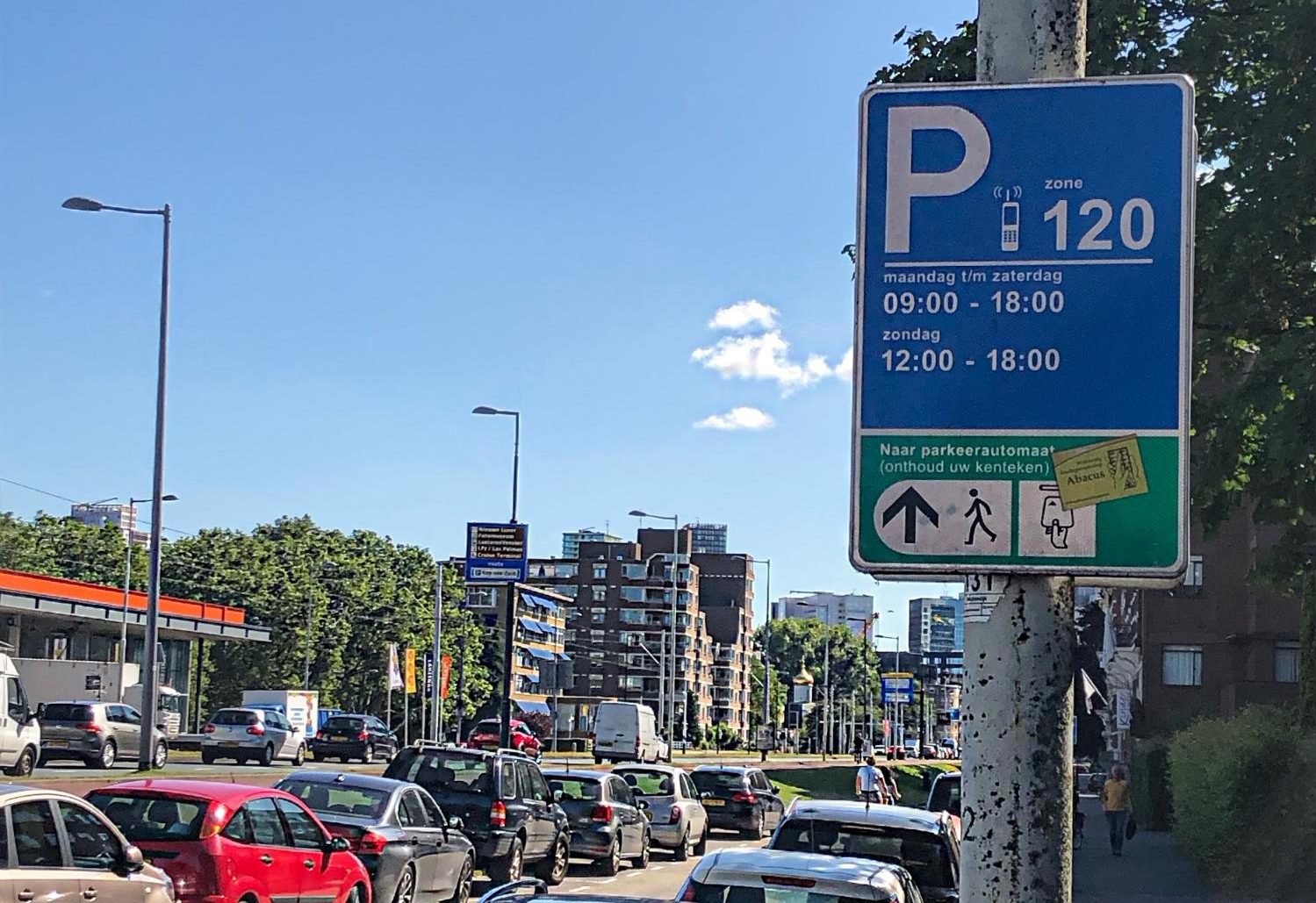
These blue signs tell you that you are in a paid street parking zone. On it, you will find information (which you need to provide at the nearest parking meter or in the parking app) such as the parking zone, days and hours you need to pay for parking in that specific zone, and walking directions to the closest parking meter. Keep in mind that you can only pay with a bank card or credit card. Parking meters don’t take cash!
Another popular solution is using a parking app you can download on your smartphone. It’s a lot more convenient than searching for a parking meter. The most popular parking apps used in Holland are:
But even if you do not own a car, you’ll find that moving from point A to B in the Netherlands poses no problems at all. The country’s public transportation system is very easy to use and will take you almost everywhere you need to go. Among the many options of public transportation (Openbaar Vervoer or ‘OV’ for short), there are trains, trams, buses, metros (subways), and in some places even waterbuses known as veerponten.
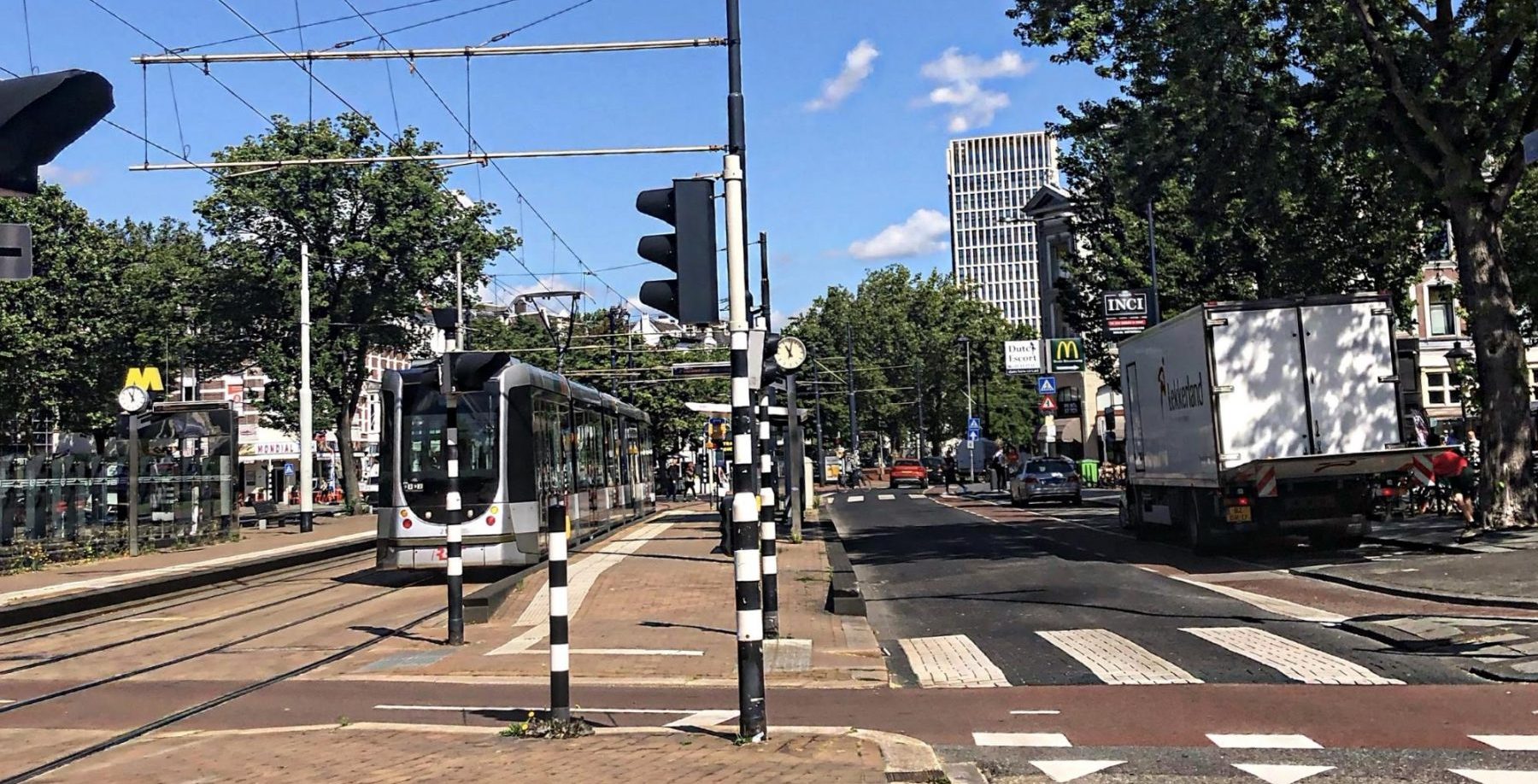
One of the most popular ways of public transportation in bigger cities is the tram. There are multiple ‘lines’ and most of them go from the city’s central train station to different areas of the city. Some even go as far as to surrounding smaller cities. This tram is on its way back to Rotterdam central station.
Moving to Holland is one thing, but planning a trip is something else entirely. It’s always best to plan ahead, and there are several places online in Dutch internet where you can find help with planning trips. One such website is 9292.nl. Its route planner gives you the best and fastest way to travel to your destination. It also gives you information on the price, intermediate stops, and alternate routes if there’s a delay.
In order to use the public transportation system in Holland, you need an OV-chipkaart. It’s a card (which looks like a credit card or a debit card), which you can buy at the train station or online. You can load it at all train and subway stations. You can also load your OV-chipkaart online or in some stores, like Albert Heijn or Primera.
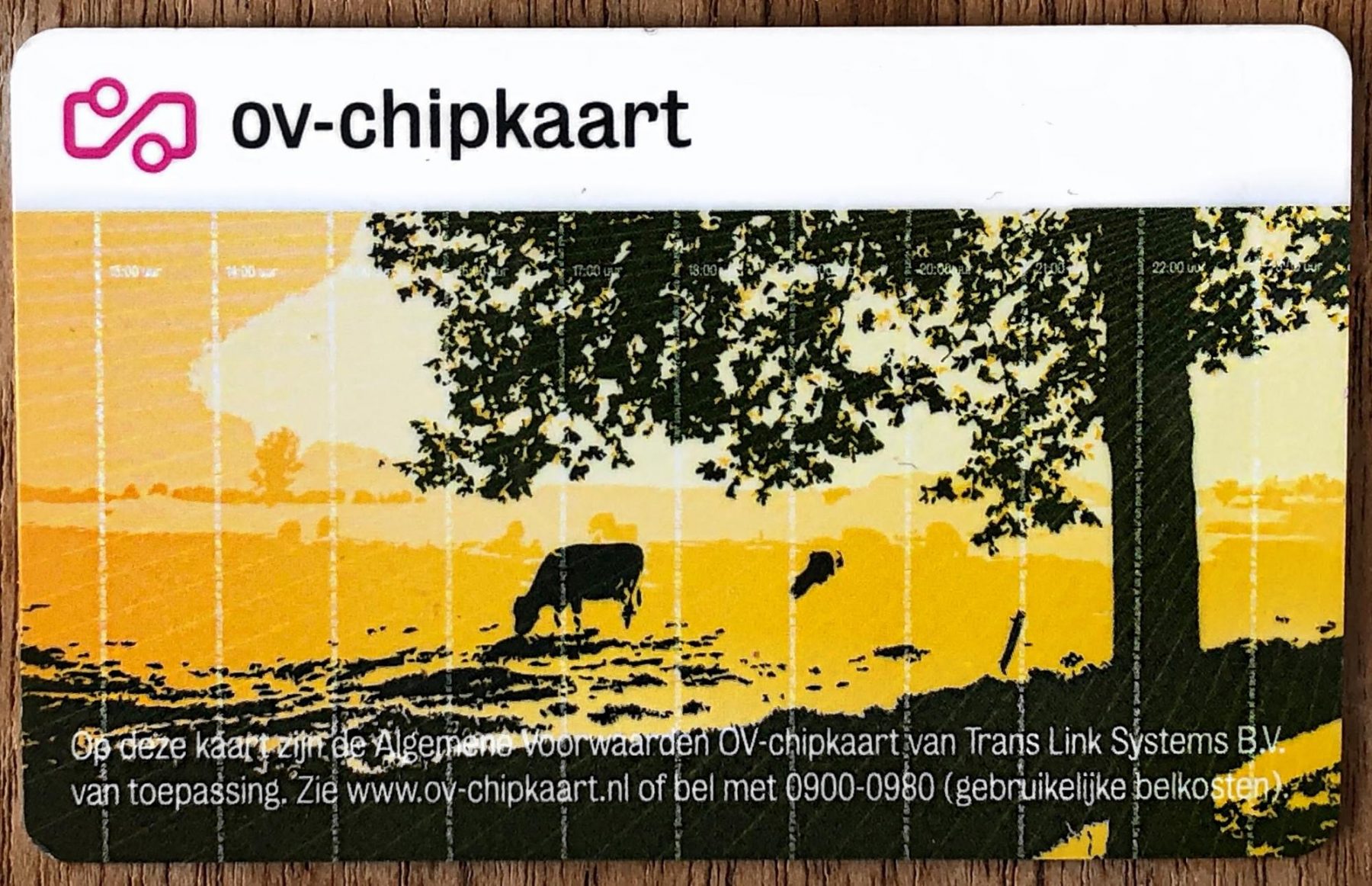
The OV-chipkaart can be used all over the country on trains, buses, trams, and metros. If you are planning a trip to any of Holland’s neighbouring countries, you need to have a separate ticket. For more information on travelling internationally by public transportation or to make reservations, go to NS International.
That is all information that can prove useful after your removal to Holland. If you need more information about moving abroad check our other articles. To see what exactly you should expect from the removal service itself – just fill in the quote request form and you’ll get redirected to a proper webpage with all the information on it.
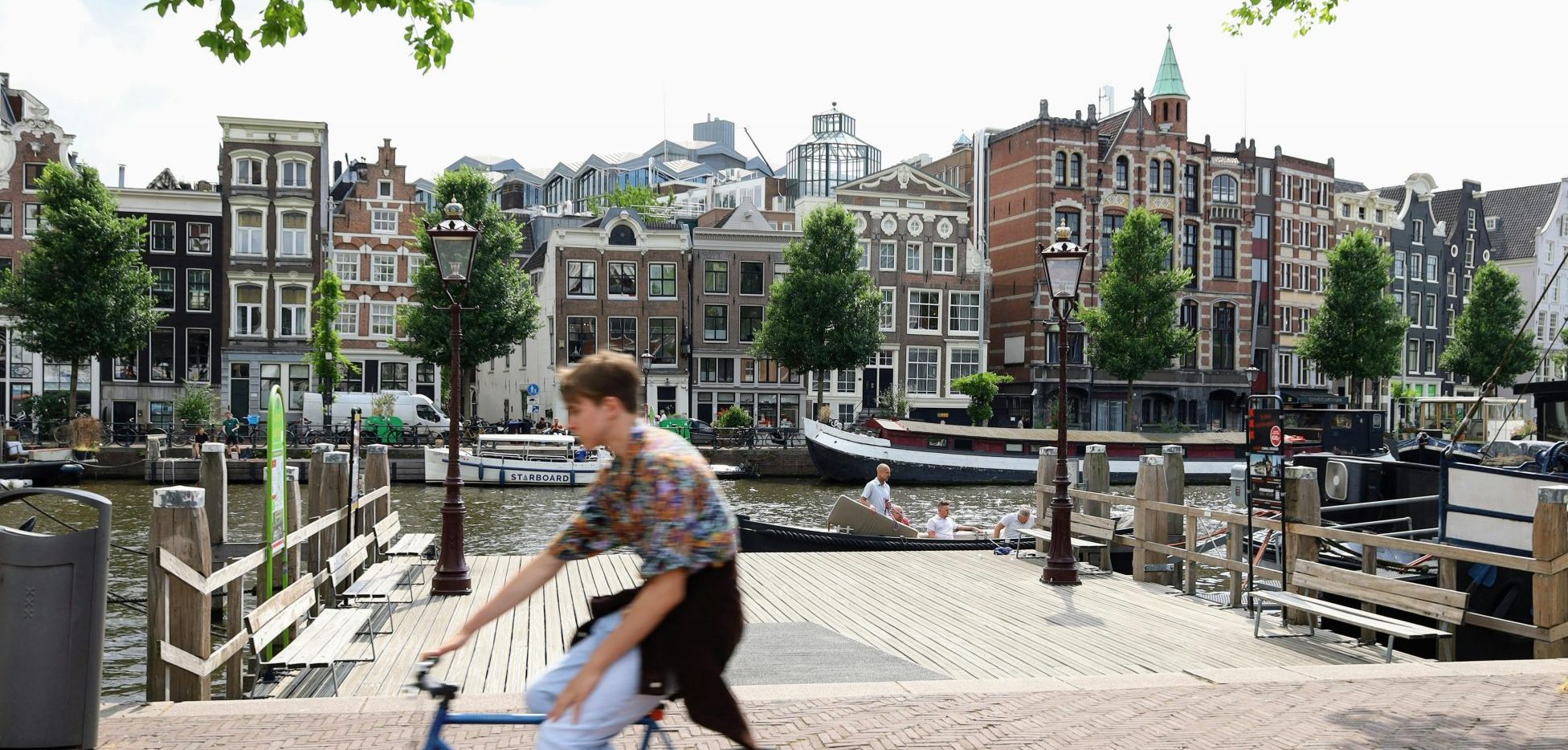 What is Life in the Netherlands Like?
What is Life in the Netherlands Like?What is Life in the Netherlands Like? Known as the most socially progressive country in the world, the…
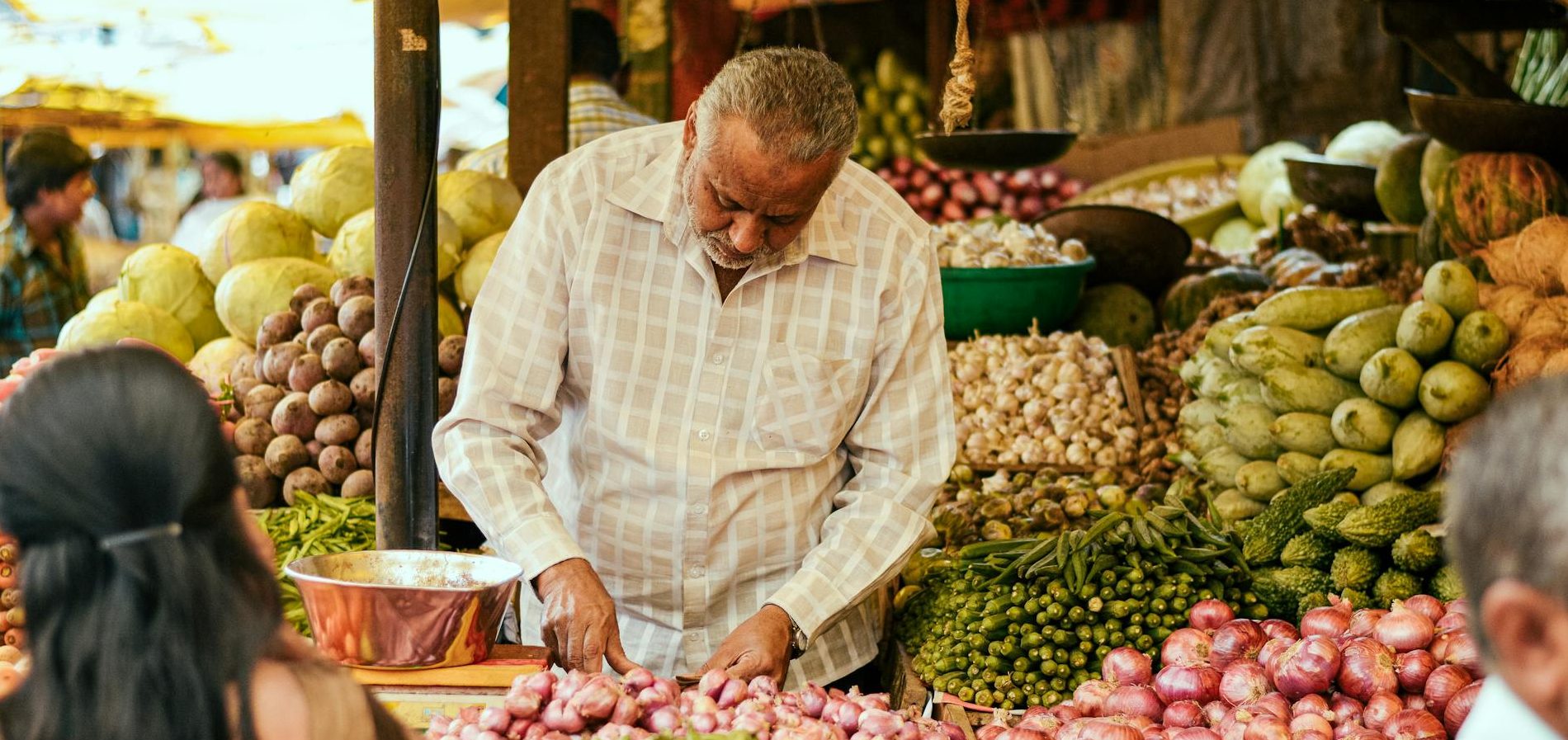 How Much Does It Cost to Eat and Drink in Amsterdam?
How Much Does It Cost to Eat and Drink in Amsterdam?How Much Does It Cost to Eat and Drink in Amsterdam? The Netherlands is home to several cuisines…
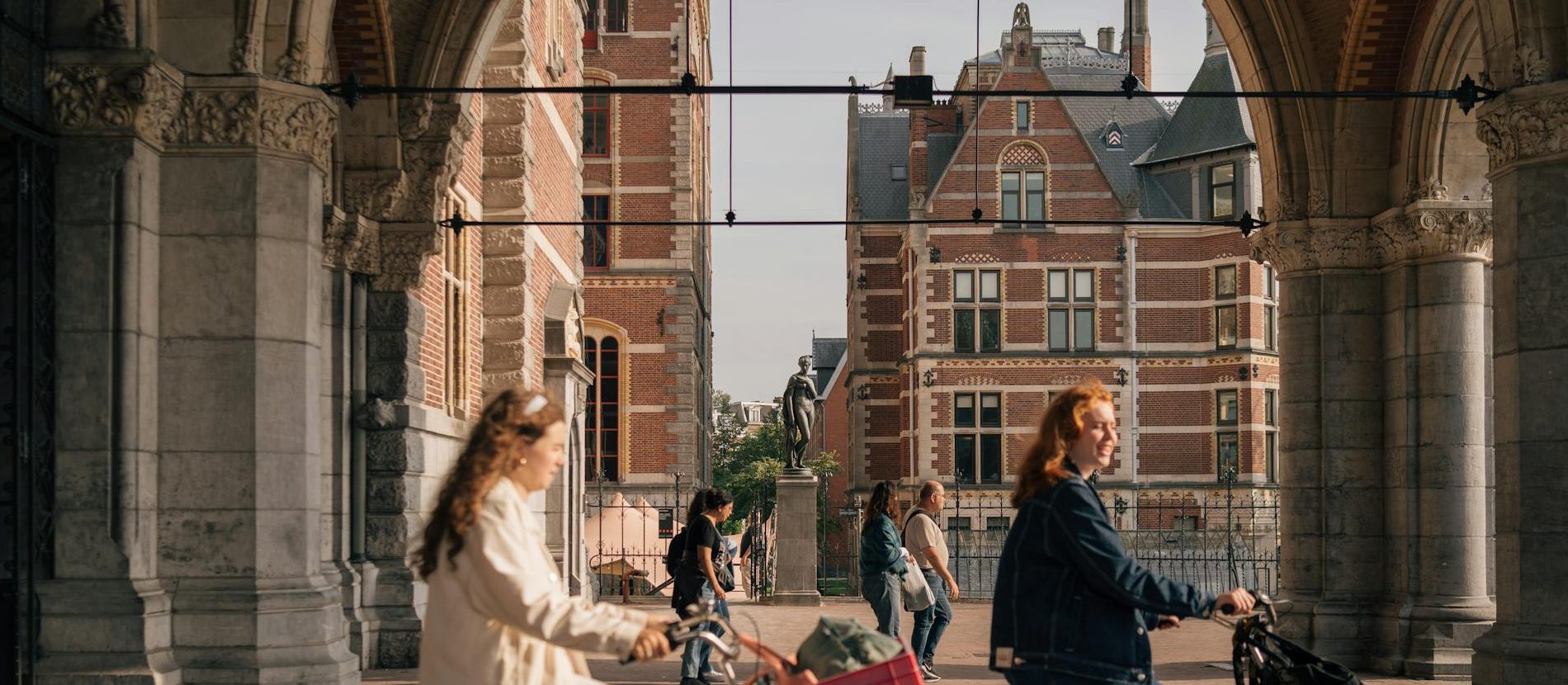 Is The Netherlands a Good Place to Live? Life in the Netherlands for Expats
Is The Netherlands a Good Place to Live? Life in the Netherlands for ExpatsIs The Netherlands a Good Place to Live? Life in the Netherlands for Expats First, the motive you’re…
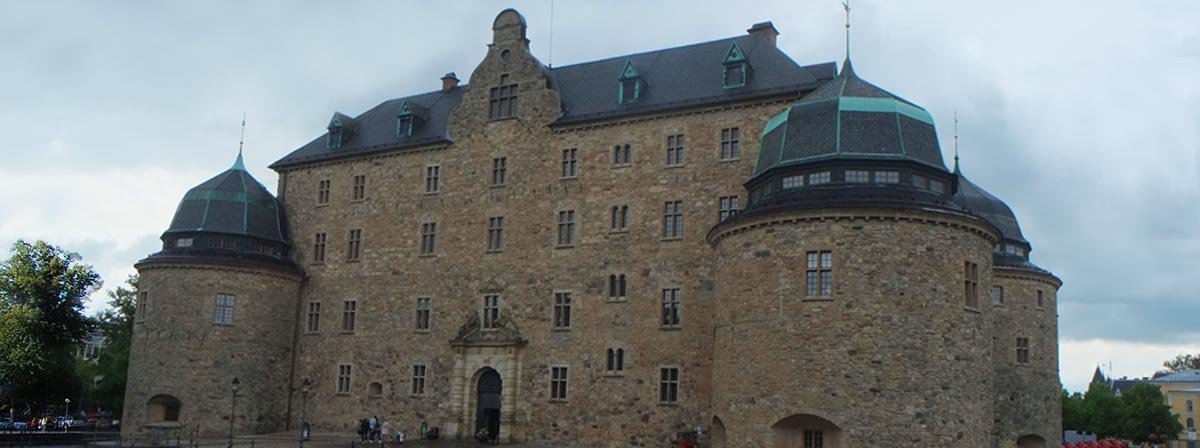 Dutch Culture
Dutch CultureLanguage Dutch, the official language, is spoken by around 90% of the population. Around 453,000…